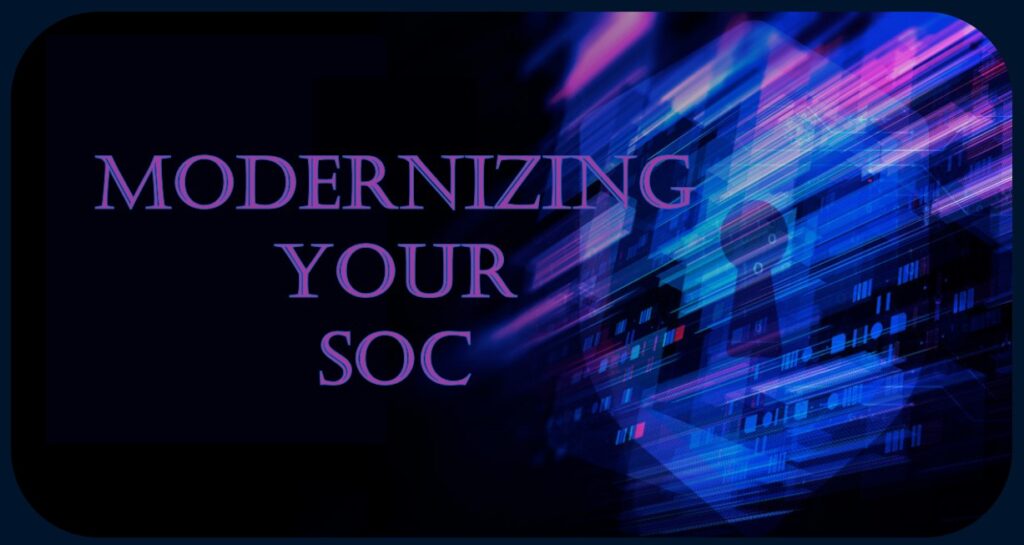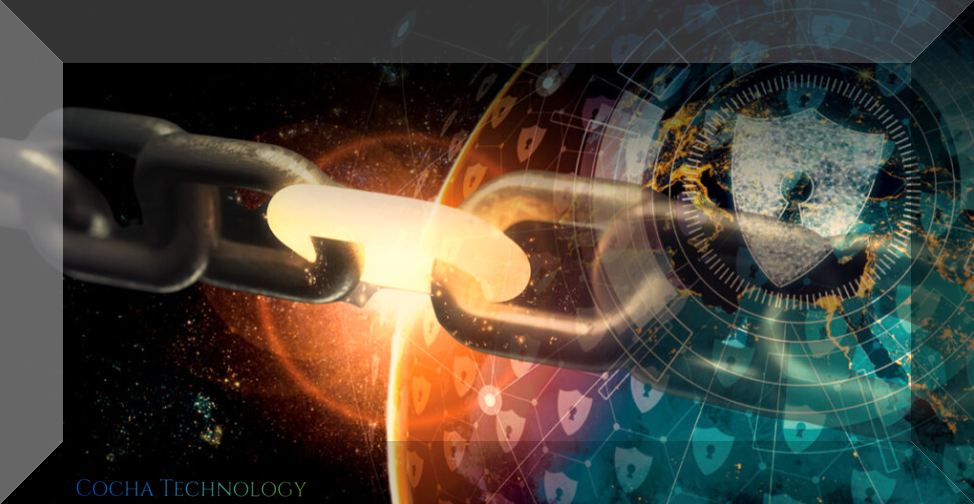Tech Myths: Unmasking the Truth in Cybersecurity
February 20, 2024

In technology, myths and misconceptions often abound, leading to misunderstandings and potentially compromising our cybersecurity practices. It’s time to set the record straight and debunk some of the most ridiculous tech myths that still persist. In this cybersecurity blog post, we will expose the truth behind 12 common tech myths, helping you navigate the digital landscape with accurate knowledge and informed decisions.
Myth: Incognito Mode Provides Complete Privacy
Reality: While incognito mode in web browsers prevents local browsing history from being stored on your device, it doesn’t make you anonymous online. Websites, internet service providers, and other entities can still track your activities.
Myth: Macs Don't Get Viruses
Reality: While it’s true that Macs have historically been less targeted by malware, they are not immune. Malicious actors increasingly target Mac systems, so it’s essential to employ robust cybersecurity measures.
Myth: Closing Background Apps on Mobile Devices Extends Battery Life
Reality: Modern mobile operating systems are designed to efficiently manage background apps. Manually closing them often has a negligible impact on battery life and can even lead to increased energy consumption.

Myth: Strong Passwords Are Enough
Reality: While strong passwords are crucial, they are not sufficient on their own. Implementing additional security measures such as multi-factor authentication adds an extra layer of protection against unauthorized access.
Myth: Private Browsing Protects Against Tracking
Reality: Private browsing mode does not prevent tracking by advertisers or other entities. It only limits local traces on your device, but your activities can still be tracked through other means.
Myth: You Can Catch a Virus by Opening an Email
Reality: Simply opening an email is unlikely to infect your device. However, clicking on malicious links or downloading attachments from suspicious emails can introduce malware to your system.

Myth: Public Wi-Fi Networks Are Safe
Reality: Public Wi-Fi networks are often unsecured, making them prime targets for cyber-attacks. Avoid transmitting sensitive information or accessing sensitive accounts when connected to public Wi-Fi.
Myth: Anti-virus Software Makes You Invincible
Reality: While anti-virus software is essential for detecting and mitigating known threats, it cannot provide complete protection. Keeping your software and operating system up to date is equally important.
Myth: Mac Addresses Can Reveal Personal Information
Reality: MAC addresses, unique identifiers for network interfaces, are not directly linked to personal information. They are primarily used for network communication and not for personal identification.
Myth: Smartphones Are Easily Hacked by Dialing a Code
Reality: The idea of hacking a smartphone by dialing a specific code is mostly a myth. Modern smartphones have robust security measures in place to prevent such exploits.

Myth: Charging Devices Overnight Damages the Battery
Reality: Modern devices are designed with built-in safeguards to prevent overcharging. Charging your device overnight is generally safe and will not significantly harm the battery life.
Myth: Incidents Happen Only to Big Companies
Reality: Cybersecurity incidents can affect organizations of all sizes. Small and medium-sized businesses are increasingly targeted, emphasizing the importance of implementing robust security measures regardless of company size.
Debunking these tech myths is crucial to ensure that we make informed decisions and adopt effective cybersecurity practices. Understanding the reality behind these misconceptions empowers us to protect our devices, data, and privacy more effectively. By staying informed, using strong passwords, enabling multi-factor authentication, being cautious on public networks, and employing reliable security measures, we can navigate the digital landscape with confidence and resilience. It’s time to leave these ridiculous tech myths behind and embrace a more secure and knowledgeable approach to technology.
Have Any Question?
Call or email Cocha. We can help with your cybersecurity needs!
- (281) 607-0616
- info@cochatechnology.com




